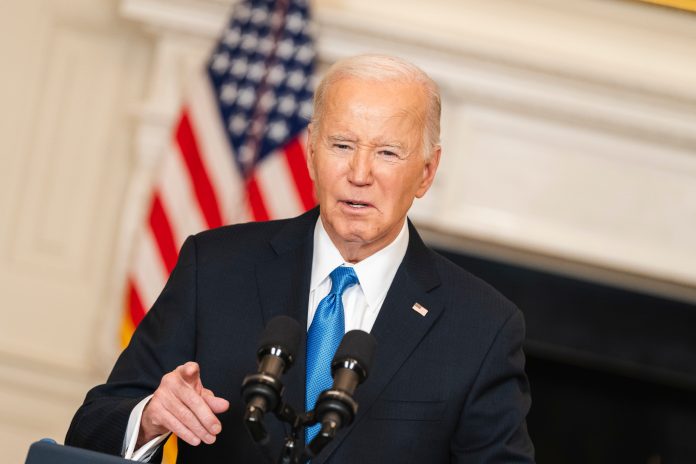According to two environmental law attorneys, a recent U.S. Supreme Court ruling limiting federal regulatory powers could significantly hinder President Joe Biden’s initiative to reduce tailpipe emissions from the nation’s vehicle fleet. The justices ruled 6-3 to overturn the 1984 “Chevron deference” precedent, which required judges to defer to reasonable federal agency interpretations of ambiguous U.S. laws, such as the Clean Air Act.
The ruling poses a challenge to federal agencies’ ability to defend stringent regulations on various environmental, healthcare, and other laws. Biden’s efforts to reduce greenhouse gas (GHG) emissions from cars and trucks, which target mobile sources rather than stationary ones like power plants, are particularly at risk. The Clean Air Act’s ambiguity on regulators’ mandate to target mobile sources complicates the issue.
Sherry Jackman, an environmental litigator and compliance counselor at Greenberg Glusker in Los Angeles, noted the longstanding debates on the Environmental Protection Agency’s (EPA) authority to regulate emissions from mobile sources. Transportation contributes about a quarter of U.S. carbon output, making it a critical focus for the Biden administration’s decarbonization strategy.
David Pettit, senior attorney for climate and energy with the Natural Resources Defense Council, predicted that critics would leverage the Chevron decision to challenge vehicle regulations addressing greenhouse gases. He highlighted that the oil industry, in particular, might argue that the EPA lacks the legal authority to regulate GHG emissions from mobile sources under the Clean Air Act.
it is important to note that the EPA has recently sought to write regulations without relying on Chevron deference.
Various interest groups, including automakers, oil companies, and agricultural producers, have already initiated numerous administrative and legal challenges against the Biden administration’s vehicle emissions reduction plan. These groups argue that the rules would force a shift to electric vehicles across all vehicle types, from passenger cars to 18-wheelers. They have successfully diluted EPA tailpipe emissions rules in the past, and the Supreme Court’s Chevron decision may now influence ongoing challenges.



